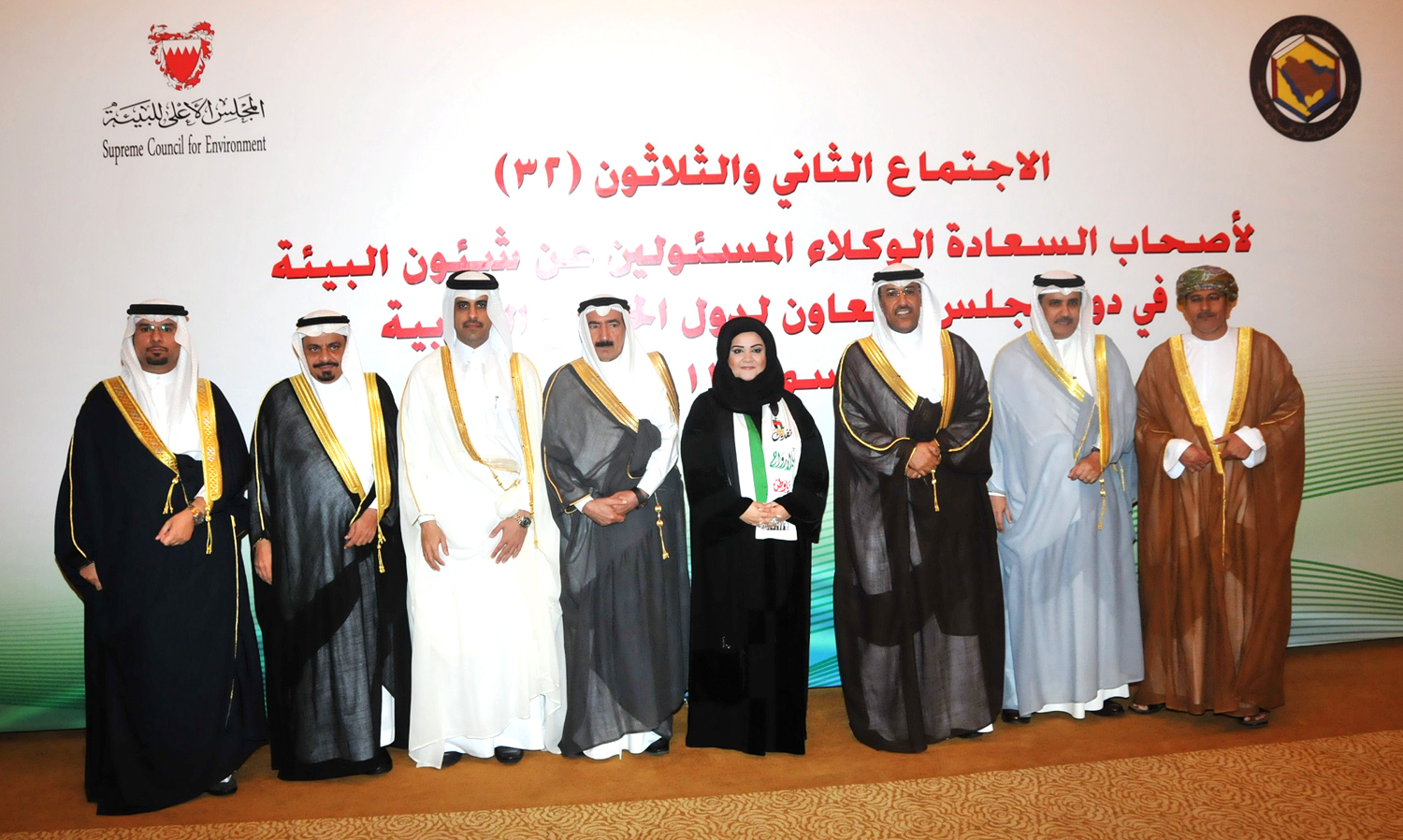LOC22:02
19:02 GMT
 Director General of Kuwait's Environment Public Authority Salah Al-Mudhi with undersecretaries of ministries in charge of environment affairs in the Gulf Cooperation Council
Director General of Kuwait's Environment Public Authority Salah Al-Mudhi with undersecretaries of ministries in charge of environment affairs in the Gulf Cooperation Council
Arabian Gulf - Al-Mudhi
(With photos)
MANAMA, Dec 2 (KUNA) -- Director General of Kuwait's Environment Public
Authority (EPA) Salah Al-Mudhi underscored Monday importance of joining the
International Convention for the Control and Management of Ships' Ballast
Water and Sediments (BWM) to protect marine environment in the Arabian Gulf.
"The BWM convention is very important for preventing the Arab Gulf
pollution by ships ballast water and sediments," Al-Mudhi told KUNA following
his participation in the meeting of the undersecretaries of ministries in
charge of environment affairs in the Gulf Cooperation Council (GCC).
He warned that the Arabian Gulf marine environment is threatened by the
transfer of harmful aquatic organisms and pathogens in ships' ballast water
because of the delay of the GCC countries signing of the BWM convention.
Al-Mudhi stated that the GCC countries considering joining the convention
soon.
The Ballast Water Management (BWM) Convention, adopted by the UN in 2004,
aims to prevent the spread of harmful aquatic organisms from one region to
another, by establishing standards and procedures for the management and
control of ships' ballast water and sediments.
Under the Convention, all ships in international traffic are required to
manage their ballast water and sediments to a certain standard, according to a
ship-specific ballast water management plan. All ships will also have to carry
a ballast water record book and an international ballast water management
certificate. The ballast water management standards will be phased in over a
period of time. As an intermediate solution, ships should exchange ballast
water mid-ocean. However, eventually most ships will need to install an
on-board ballast water treatment system.
Parties to the Convention are given the option to take additional measures
which are subject to criteria set out in the Convention and to the
International Maritime Organization (IMO) guidelines.
Meanwhile, Mudhi underlined the need for restructuring the Regional
Organization for the Protection of the Marine Environment (ROPME) to activate
and enlarge its role 30 years after its inception.
For his part, Chief Executive Officer of the Bahraini Supreme Council for
the Environment Adel Al Zayani told KUNA that the GCC environment ministries'
undersecretaries meeting have discussed key issues related to the environment
protection, particularly the relevant international and regional conventions,
as prelude to refer them to the meeting of environment ministers take action.
(end)
mge.ibi
KUNA 022202 Dec 13NNNN